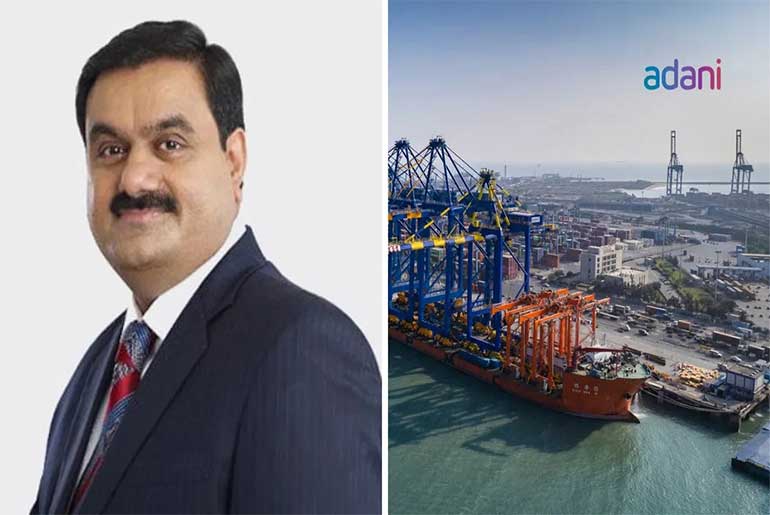In a potentially transformative move for India’s clean energy sector, Adani Group Chairman Gautam Adani recently visited the headquarters of Chinese battery leader Contemporary Amperex Technology Co. Limited (CATL), indicating the possible start of a strategic partnership to strengthen India’s domestic battery manufacturing industry.
During the visit, Adani toured CATL’s cutting-edge “Cell + Module + Container” production lines and discussed the company’s latest advancements in lithium-ion and sodium-ion battery technologies. According to sources familiar with the discussions, the talks went beyond a formal visit and focused on potential collaboration models such as joint ventures or technology licensing.
This development aligns with the expected surge in India’s battery demand, which is projected to exceed 120 GWh by 2030. Recent government policy updates, including the removal of import duties on battery manufacturing machinery as part of the Finance Bill, create a favorable environment for large-scale battery manufacturing projects.
Industry analysts suggest that a collaboration between Adani and CATL could lead to the establishment of a major factory in India specializing in lithium iron phosphate (LFP) batteries—known for being more affordable, safer, and longer-lasting. This would significantly reduce India’s dependence on imported battery cells and help meet the rising demand driven by electric vehicles (EVs), renewable energy integration, and industrial energy storage.
Beyond EV applications, the partnership could enhance Adani’s existing renewable energy portfolio by integrating CATL’s containerized battery storage systems, aiding in grid stabilization and providing peak load support, particularly for solar and wind energy installations.
The alliance could also facilitate crucial technology transfer, providing India access to advanced battery research while addressing geopolitical concerns related to Chinese investments through a licensing or joint venture framework rather than direct equity involvement.
Experts note that India’s standalone battery energy storage system (BESS) tenders reached 6.1 GW in the first quarter of 2025 alone, highlighting the urgent need for local supply chains.
If finalized, this partnership could accelerate India’s progress toward becoming a global hub for battery manufacturing, supporting national targets under the Production Linked Incentive (PLI) scheme and helping the country stay on course to achieve its net-zero emissions goal by 2070.
Although no official agreement has been announced yet, industry observers view this as a significant shift in India’s battery production landscape, positioning Adani as a key player in this emerging transformation.



